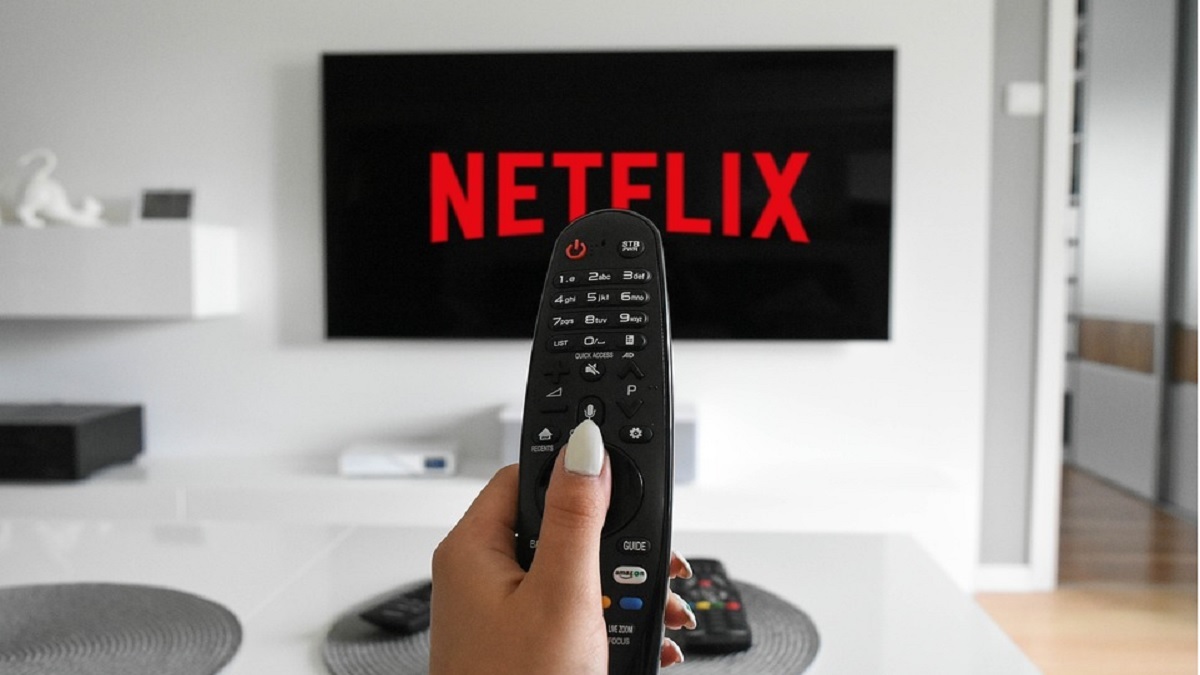Netflix has announced that it will take steps to clamp down on password sharing in 2023. The company has said that password sharing has been a major problem since 2019 and wants to limit each account to a household.
ALSO READ: ChatGTP Plus launched in the US as a new subscription service
Netflix has updated its FAQ section with more details explaining how to stop two different users from sharing one account. To achieve this, Netflix will use information such as IP addresses, device IDs, and account activity to determine if a device logged into an account is in the same household as the primary account holder. Suppose the device is detected in another location. The primary account holder will be asked to verify via a code sent within 15 minutes.
ALSO READ: 5 water-heater to buy for your home
To further combat the issue, Netflix introduced a feature last year called "Profile Transfer," which allows users to migrate their personal Netflix profile from someone else's account to a new one. With the drop in subscriber base in the first quarter of 2022, Netflix hopes that by preventing users from sharing accounts, they will force more people to subscribe to Netflix, leading to an increase in revenue.
However, only time will tell if these measures will be effective for Netflix, as the company lost more than 200,000 subscribers in the first quarter of 2022. Its global market share dropped from 32% to 27% between January 2021 and August 2022. To combat this, Netflix has even introduced a cheaper ad-based plan.
FAQ:
How will Netflix prevent password sharing?
Netflix will determine if an account is being used on devices within the same household using IP addresses, device IDs, and account activity. The account holder must verify through a temporary code if a device logs in from a different location.
What if I'm travelling and want to watch Netflix on a different device?
You can still watch Netflix on a different device while travelling. Still, you must connect to Wi-Fi from your primary location at least once every 31 days to ensure uninterrupted access. Suppose you are away from your primary location for an extended period. In that case, you may need to request a temporary access code.

